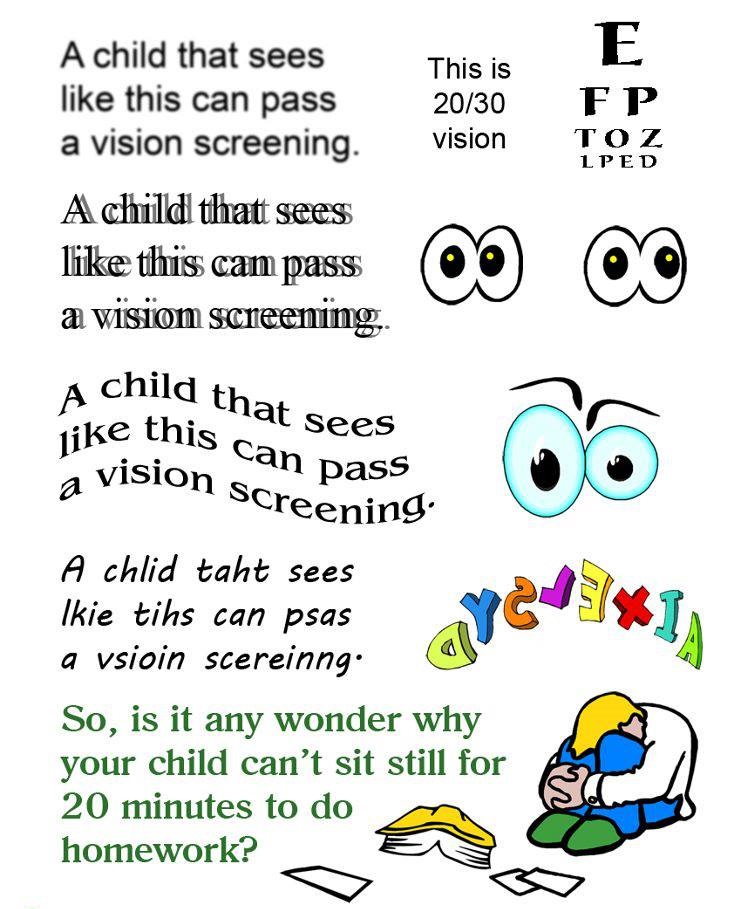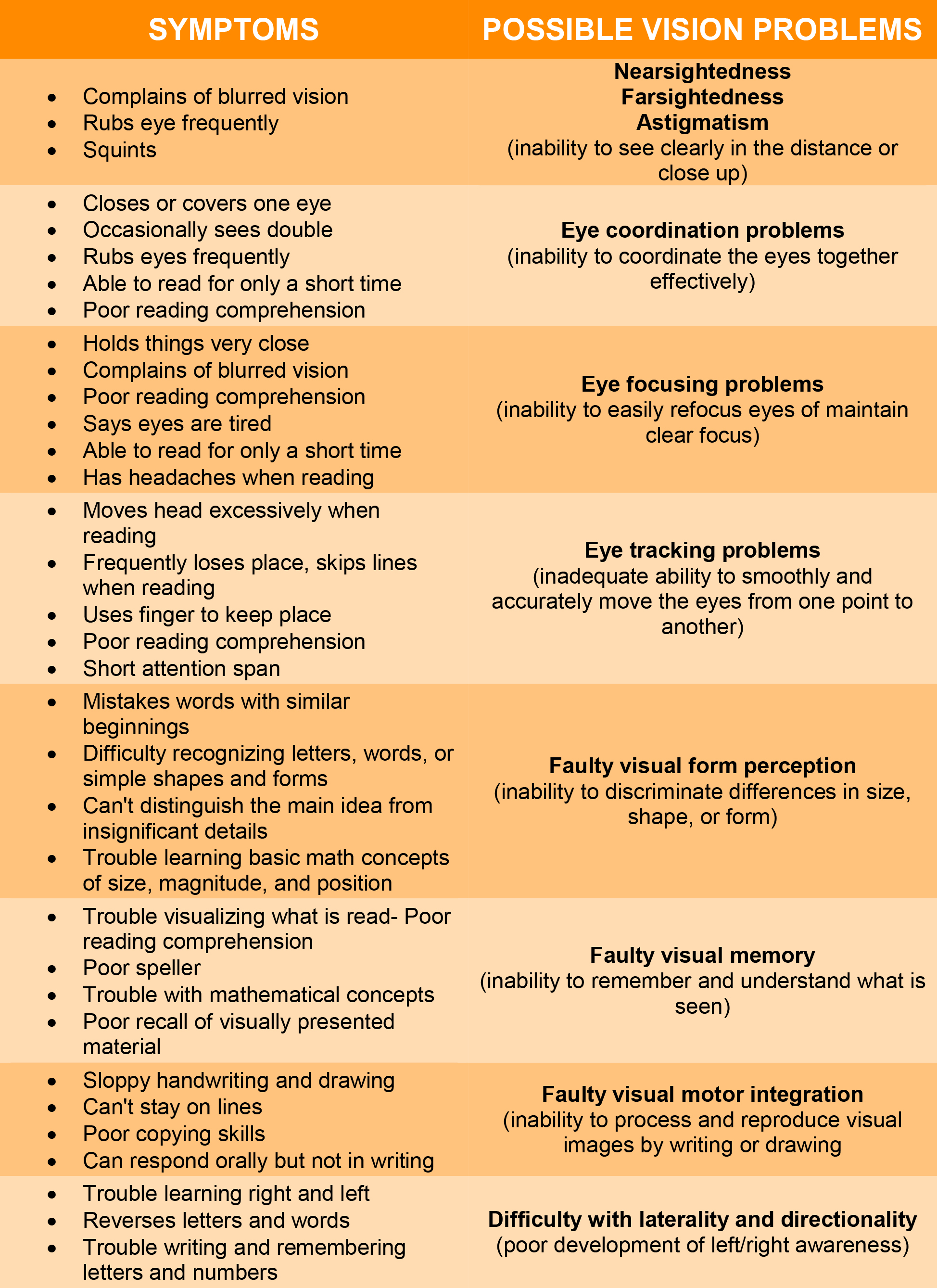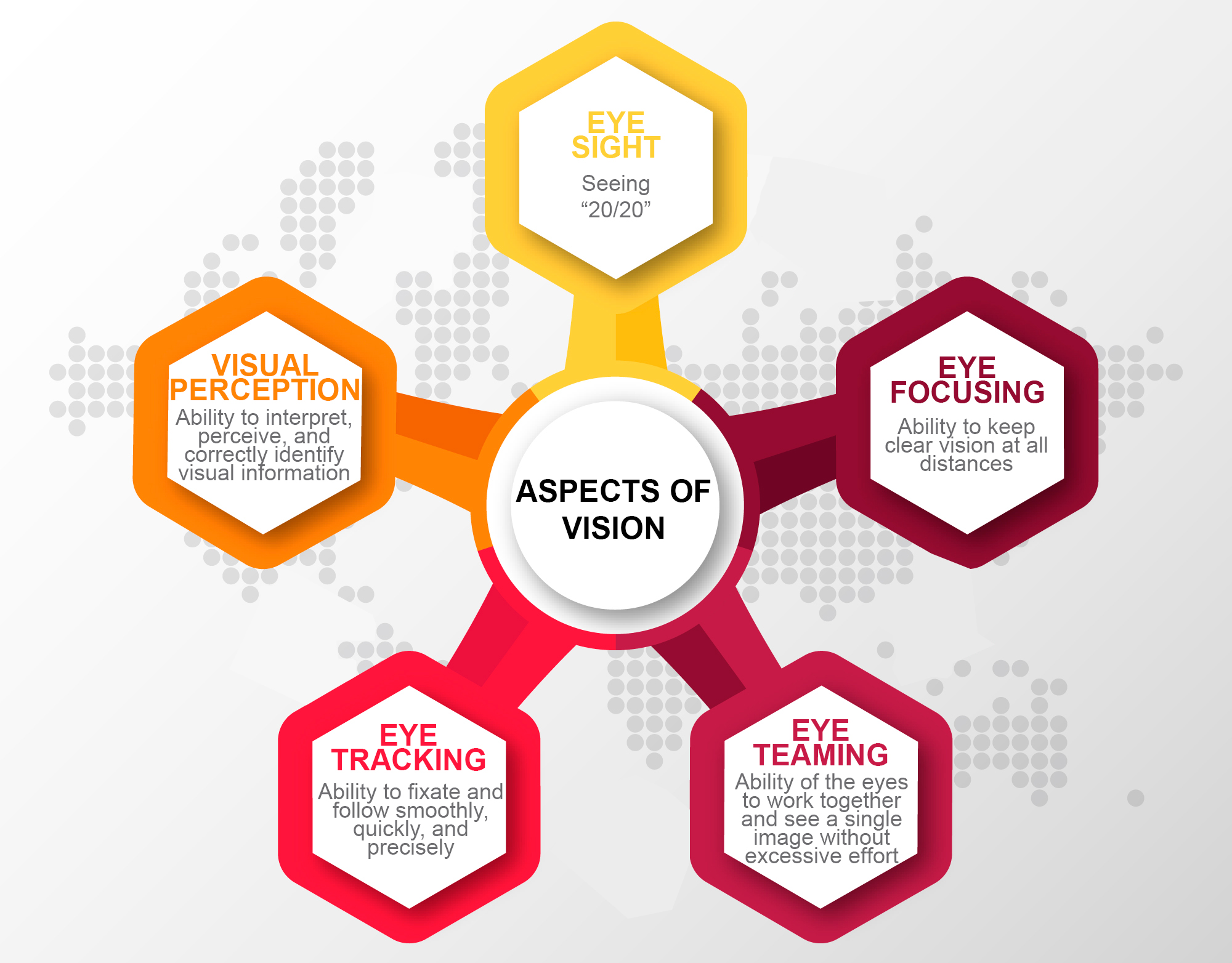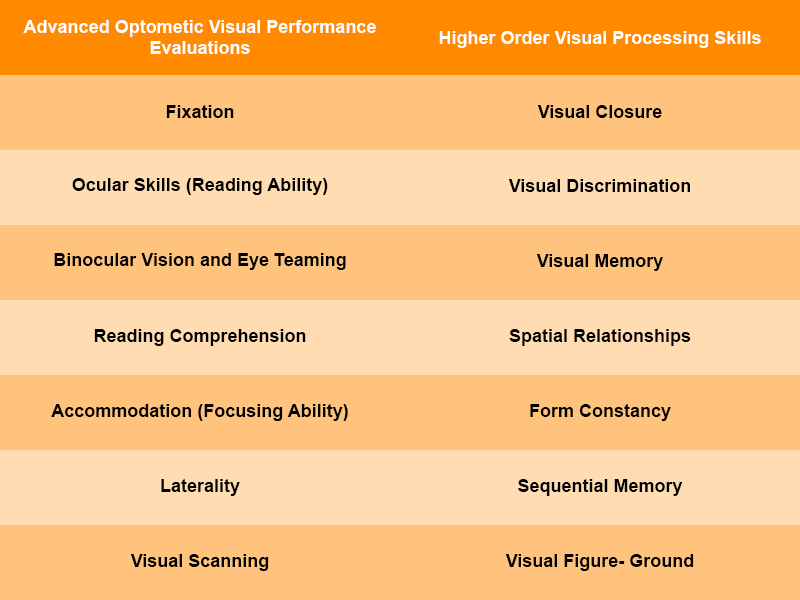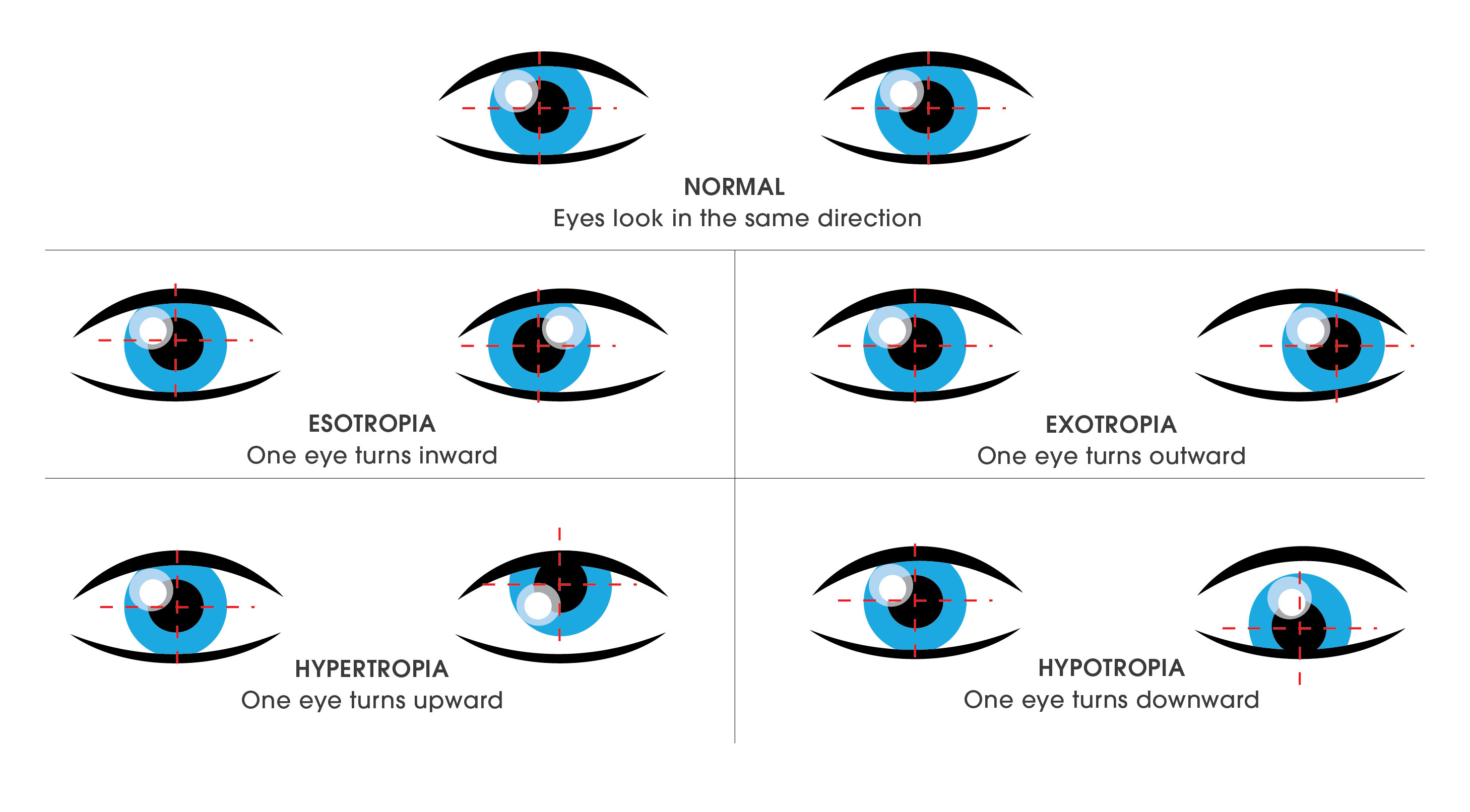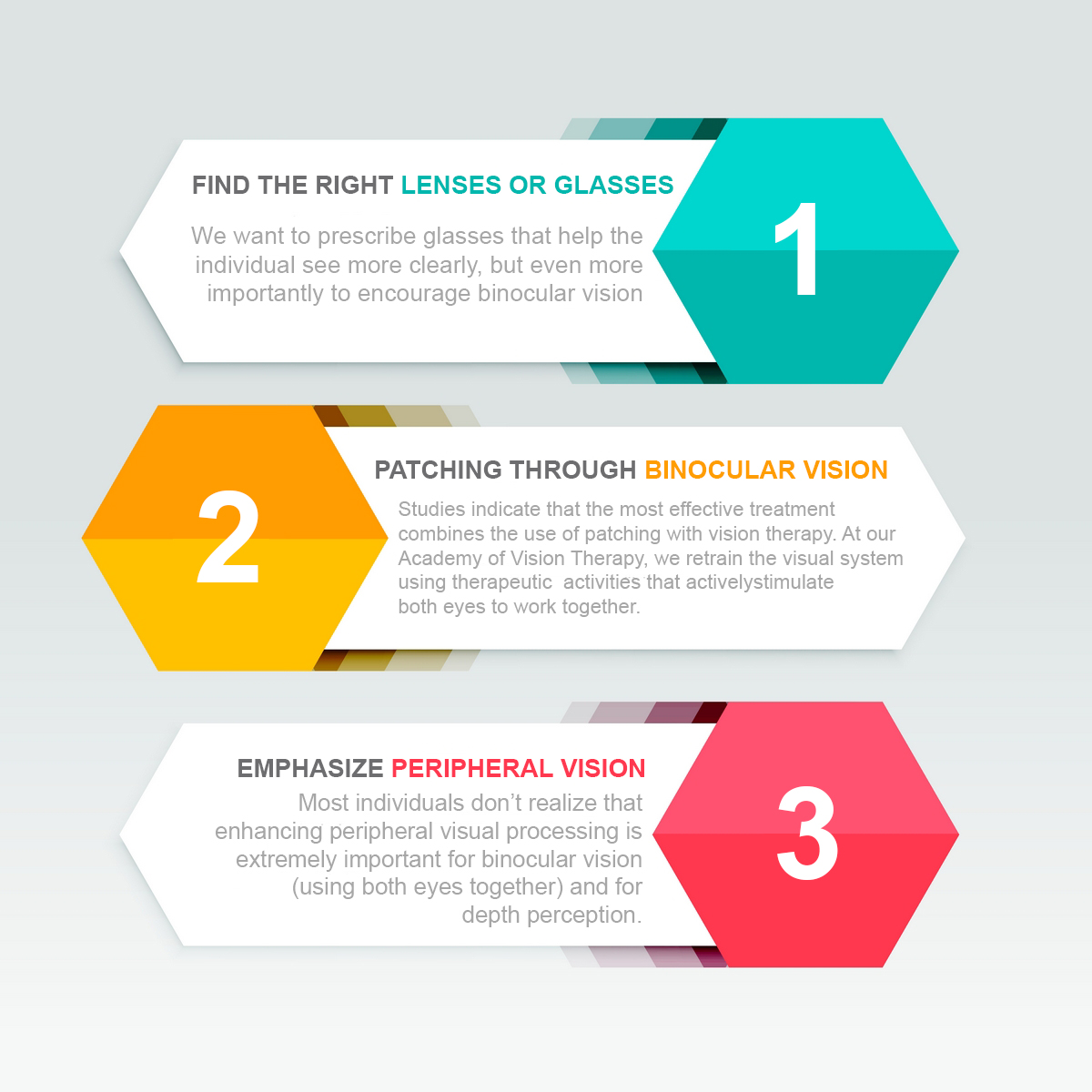Q: How often do I need my eyes checked?
The Canadian Association of Optometrists recommends the following as a general guide:
- Early Toddlers (6 months -24 months): symptomatic toddlers as soon as 6 months (or sooner)
- Preschool (2 to 5 years): at age 2, annually thereafter
- School age (6 to 19 years): annually
- Adult (20 to 64 years): every one to two years depending on ocular history
- Older adult (65 years and older): annually
- Previous Lasik/refractive surgery patients: annually
Individuals with medical health conditions such as glaucoma or diabetes, the frequency of visits as determined by your eye doctor
Q: My eyes seem fine... Why should I get them examined annually?
Q: What if I had laser eye surgery, do I really need annual eye exams?
Many patients are thrilled with their results after laser eye surgery but are unaware of how laser eye surgery works. Laser eye surgery changes the way light enters in your eye by reshaping your cornea. It does not change or improve the overall health of your eyes. Unfortunately, even though LASIK surgery can eliminate the need for contacts and glasses, it doesn’t reduce this heightened risk of eye diseases such as glaucoma. That’s why it’s still important to continue to attend your regular eye exams after having LASIK. According to the journal of Ophthalmology recent evidence suggests that high myopia or near farsightedness is linked to glaucoma, an asymptotic eye disease that leads to permanent devastating vision loss. (Inert hyper link below) Aside from vision loss annual eye exams are important at preserving your vision and marinating optimal healthy. Did you know many LASIK surgical centers require you to have an annual eye with your local optometrist to maintain your lifetime commitment for future laser enhancements?
http://www.reuters.com/article/2011/06/30/us-nearsightedness-idUSTRE75T6TR20110630
Q: What does an eye exam involve?
- Case history intake about your vision, general health, current medications, family history, and any visual demands due to your working environment or hobbies
- Assessment of your visual acuity with letters, words, or (for children) pictures on eye charts
- Tests of your binocular vision ability to use your eyes together; ability to see depth perception
- Refractive and accommodation (focusing) testing
- Examination of your eyes from front to back using high magnify microscopes and lenses to look for early signs of eye diseases
- Measurement of your eye pressure to asses glaucoma risk using non invasive puff of air test or blue light physical touch of the eye
You eye examination is conducted via digitally secure electronic record keeping. All examinations include a digital retinal imaging of the eyes to establish a benchmark health of the eyes. The taking of retinal imaging is not an OHIP insured service but widely covered by many private insurance plans.
Q: What is 20/20 vision?
Q: What do I need to bring to my eye exam, and how long will it take?
Bring your most recent pair of glasses with you. If you wear contact lenses bring your latest box or prescription. Be prepared to provide us with your previous eye and medical history and to let us know if you have any special visual requirements related to your work or recreational activities. Also, a list of medications, eye drops, vitamins, and supplements that you are currently taking is very helpful.
Plan to be in the office for approximately 45 minutes. We recommend bringing a pair of sunglasses for your trip home, as the eye examination can make your eyes sensitive to light.
Q: If I don’t wear my glasses, will it make my vision worse?
Q: How much is an eye exam?
Our $174 examination fees (as of March 1, 2023) are based on the recommended guidelines, as set forth by the Ontario Optometric Association. Each comprehensive examination will include a digital retinal image taken to monitor and benchmark your overall eye health. Retinal imaging is invaluable at evaluating and monitoring retinal diseases. Each eye exam will also include a dry eye assessment a value added service for our patients. Every eye exam will also include an assessment fitting of your current contact lens wear to determine your fit and ocular health are optimized. Our commitment is towards preventative eye care; as such we take great pride in offering services above and beyond traditional offices to achieve this goal. The best achievement for maintaining healthy and longevity of your eyes is through yearly eye exams, a relatively small annual investment when you consider the lifetime we have with our eyes.
Q: Does OHIP cover eye exams?
Effective November 1, 2004 the Ontario Ministry of Health changed the coverage for annual eye care services in Ontario. Currently, OHIP will only provide coverage for the following groups below:
Children Age 0-19: ONE full eye examination annually
Seniors aged 65 and above: ONE full eye examination annually
Adults aged 20 to 64 years: ONE full eye examination annually for people with certain medical conditions such as glaucoma or diabetes.
For more information, please call our office or email us at info@kingswayeyecare.com
Note: Although OHIP does cover basic eye examinations for the certain age groups listed above. There are advanced services performed by our office that are beyond the basic standards of care that OHIP provides and are not covered by OHIP insured services. These service tests are done as medically necessary to improve your overall eye health and prevent retinal diseases.
Q: Do you accept private insurance for eye care services in your office?
Most of our patients will have private insurance coverage for eye care services through their place of employment or purchased on their own. The specific amount of coverage will depend on the details of the plan. New to our office, we offer billing assistance options with most of the insurance carriers making the claim processing a simplified process. Be sure to ask your insurance provider if you are set up for electronic claim processing. For those providers without direct billing options, patients will pay our office directly for their eye care services and will require only an official receipt from our office for the reimbursement. Some private insurers will require forms to be filled out and signed by our eye doctors. Please ask your insurance provider if you are set up for online or direct billing. Please ask us how we can help you with your insurance billing needs. Please inform us what provider you are with at the time of your appointment.



